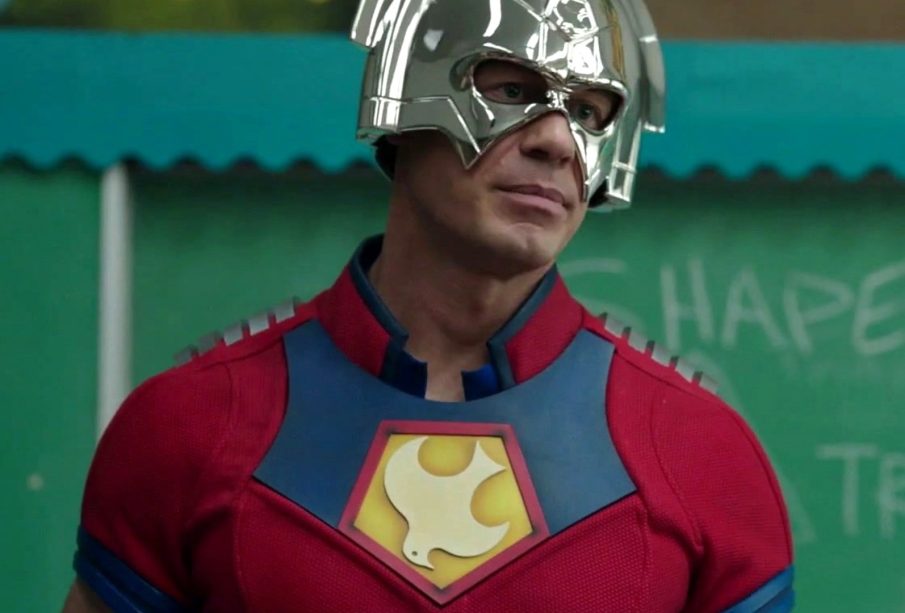The Role of Peacemakers in Modern Conflict Resolution

Introduction to Peacemakers
In a world plagued by conflict and division, the role of peacemakers has never been more crucial. Peacemakers serve as vital intermediaries who strive to resolve disputes, heal divisions, and foster understanding between opposing parties. As global tensions escalate and communities face challenges, understanding the principles and significance of peacemakers is essential for promoting harmony and stability.
The Current Landscape of Conflict
With geopolitical tensions rising across various regions, including Eastern Europe, the Middle East, and parts of Africa, the demand for skilled peacemakers is at an all-time high. Recent events, such as the ongoing conflict in Ukraine and tensions between Israel and Palestine highlight the necessity of diplomatic efforts and the urgent need for dialogue. Peacemakers work tirelessly to mediate conflicts, often involving complex negotiations and a deep understanding of cultural contexts.
Notable Peacemaking Efforts
One notable example is the work of the United Nations, which has deployed peacekeeping missions worldwide to help stabilize regions beset by violence. In addition, grassroots movements often led by local peacemakers promote dialogue and healing within their communities, addressing root causes of conflict through education and collaboration. Furthermore, organisations like the Carter Center and other non-governmental organisations dedicate resources to peacebuilding initiatives, facilitating conversations among diverse groups.
Challenges Faced by Peacemakers
Despite their crucial role, peacemakers face numerous challenges including hostility from conflicting parties, limited resources, and the often-entrenched nature of conflicts. In many cases, peacemaking efforts can be met with skepticism or even resistance, necessitating a unique skill set that includes diplomacy, empathy, and resilience. The unpredictable nature of international relations also complicates their efforts, as political landscapes can shift quickly.
The Importance of Peacemaking for Future Generations
As we look ahead, the importance of fostering a culture of peace cannot be overstated. Education focused on conflict resolution, empathy, and negotiation skills at an early age can empower future generations to engage in peaceful dialogue. Initiatives targeting youth and community-driven projects that promote inclusivity are essential for cultivating a future where violence is not a solution to disagreements.
Conclusion
In conclusion, the role of peacemakers will remain vital in addressing current conflicts and preventing future ones. Their work not only impacts immediate situations but also shapes the socio-political landscapes of communities and nations. As the global community continues to grapple with challenges, investing in peacemaking efforts stands as a significant step toward a more harmonious world.








